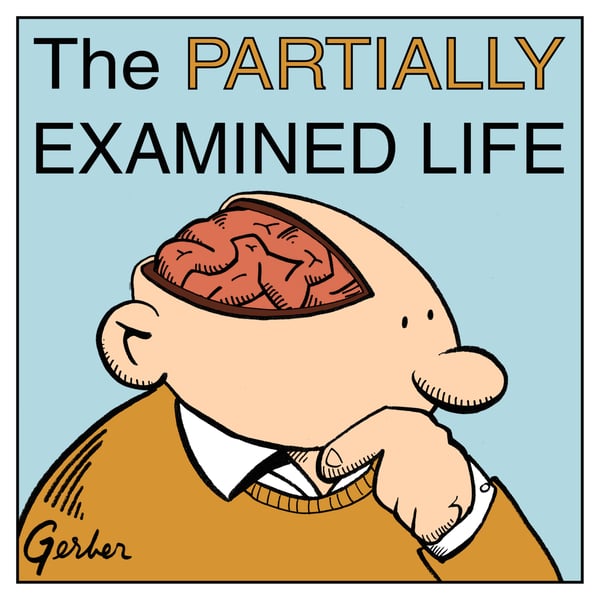Ep. 226: Francis Bacon Invents Science (Part One)
The Partially Examined Life Philosophy Podcast
Mark Linsenmayer
4.6 • 2.3K Ratings
🗓️ 23 September 2019
⏱️ 44 minutes
🧾️ Download transcript
Summary
On Sir Francis Bacon's New Organon (1620).
Bacon claims to have developed a new toolset that will open up nature to inquiry in a way that wasn't possible for ancient and modern natural philosophy.
Mark, Wes, and Dylan consider how much what Bacon describes resembles modern scientific method, talk through Bacon's "four idols" that interfere with impartial inquiry, and consider how Bacon's method fits in with his larger political-ethical-religious views.
Transcript
Click on a timestamp to play from that location
| 0:00.0 | You're listening to the partially examined life, a podcast by some guys where at one point |
| 0:11.0 | set on doing philosophy for living, but then thought better of it. |
| 0:14.1 | Our question for episode 226 is something like, how should we investigate nature and |
| 0:18.4 | be read Sir Francis Bacon's new organon from 1620? |
| 0:22.2 | For more information and link to the text, visit partiallyexaminedlife.com. |
| 0:26.4 | This is Mark Linson-Mire discovering my middle axioms in middle age in Madison, Wisconsin. |
| 0:31.2 | This is Wes Allen trying to melt butter with wine and Cambridge Massachusetts. |
| 0:36.4 | This is Dylan Casey affecting a complete solution and separation of nature by the divine |
| 0:40.8 | fire of my mind in Madison, Wisconsin. |
| 0:44.8 | So hey, the birth of the scientific method. |
| 0:46.8 | If we actually want to address the divergences between philosophy and science and the potential |
| 0:53.1 | hostility that they have even in the modern age with some scientists saying, uh, philosophy |
| 0:58.1 | is all obsolete. |
| 0:59.1 | It's useless. |
| 1:00.1 | It's not practical. |
| 1:01.1 | And really, we should use a scientific method to examine everything versus the philosopher |
| 1:06.1 | saying, no, no, that's a scientist. |
| 1:07.9 | We need to be careful. |
| 1:08.9 | We need to set limits to science. |
| 1:10.3 | Well, we got sort of the birth of some of those conflicts right here in Bacon's outlining |
| 1:15.3 | something that looks a little like the scientific method. |
| 1:18.4 | Yep. |
... |
Please login to see the full transcript.
Disclaimer: The podcast and artwork embedded on this page are from Mark Linsenmayer, and are the property of its owner and not affiliated with or endorsed by Tapesearch.
Generated transcripts are the property of Mark Linsenmayer and are distributed freely under the Fair Use doctrine. Transcripts generated by Tapesearch are not guaranteed to be accurate.
Copyright © Tapesearch 2025.

